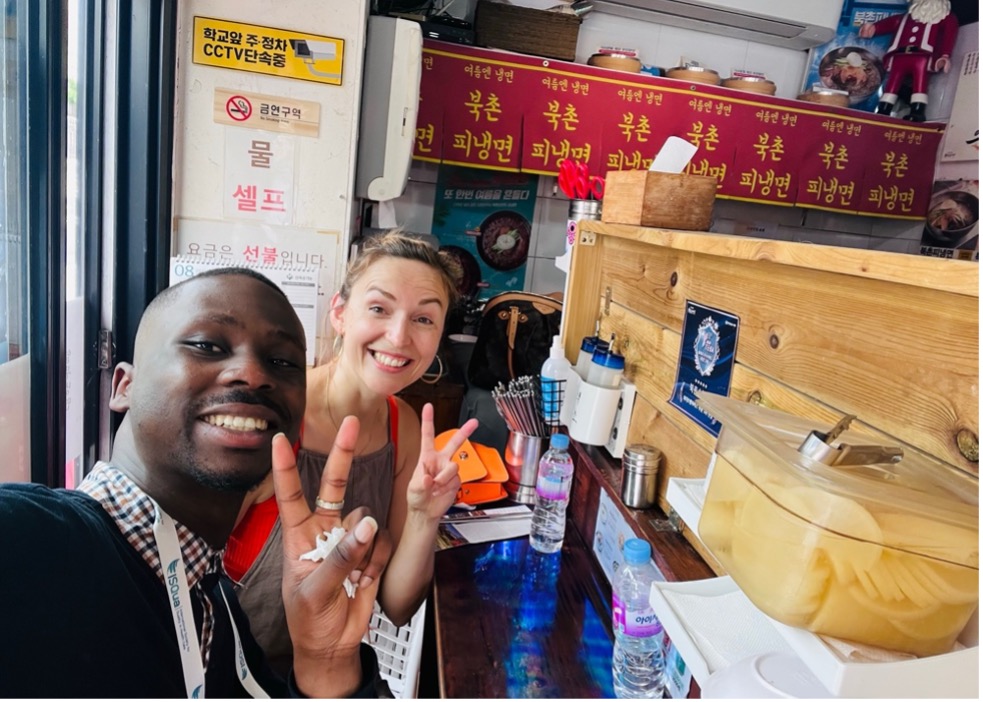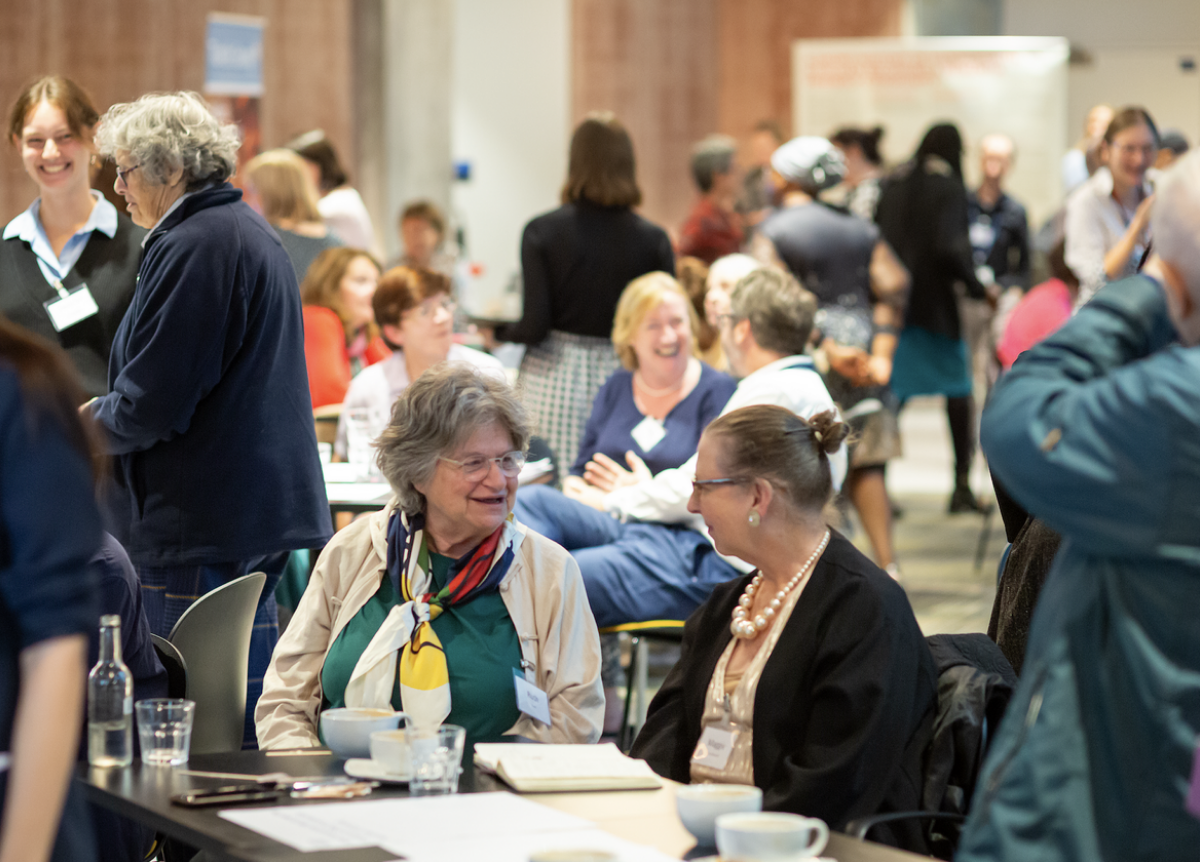 Falls in later life can be devastating—but mindset matters. Dr Toby Ellmers from the Department of Brain Sciences explores how older adults’ beliefs about ageing significantly influence recovery after a fall. His research reveals that a positive outlook may boost resilience, offering new hope for low-cost, high-impact interventions beyond physical treatment.
Falls in later life can be devastating—but mindset matters. Dr Toby Ellmers from the Department of Brain Sciences explores how older adults’ beliefs about ageing significantly influence recovery after a fall. His research reveals that a positive outlook may boost resilience, offering new hope for low-cost, high-impact interventions beyond physical treatment.
Falls are a leading cause of injury and mortality for older adults, costing the NHS nearly £5 million per day. Falls frequently lead to injuries, hospitalisation, and disability. Yet not every older adult who falls goes on to experience physical decline.
We sought to explore how psychological factors influence the recovery process, as these have thus far been ignored, with most studies instead focusing on how physical factors affects recovery. We specifically focused on ‘mindsets around ageing’—an individual’s belief, attitudes and assumptions about the ageing process. We chose to focus on such mindsets, as emerging research identifies these as an important predictor of broader physical function in later life. Yet, their role in post-fall recovery has not yet been studied.
In collaboration with researchers at Coventry University, we studied ~700 adults in England, aged 60 to 90, who had not fallen in the recent past. We asked them about their beliefs around ageing—things like whether getting older was stopping them from doing what they wanted. Over the next year, we then tracked whether or not they experienced a fall and, if so, we tracked how well (or poorly) they physically recovered afterwards. We specifically focused on walking speed, whether they needed help with daily tasks, whether they became more physically inactive.



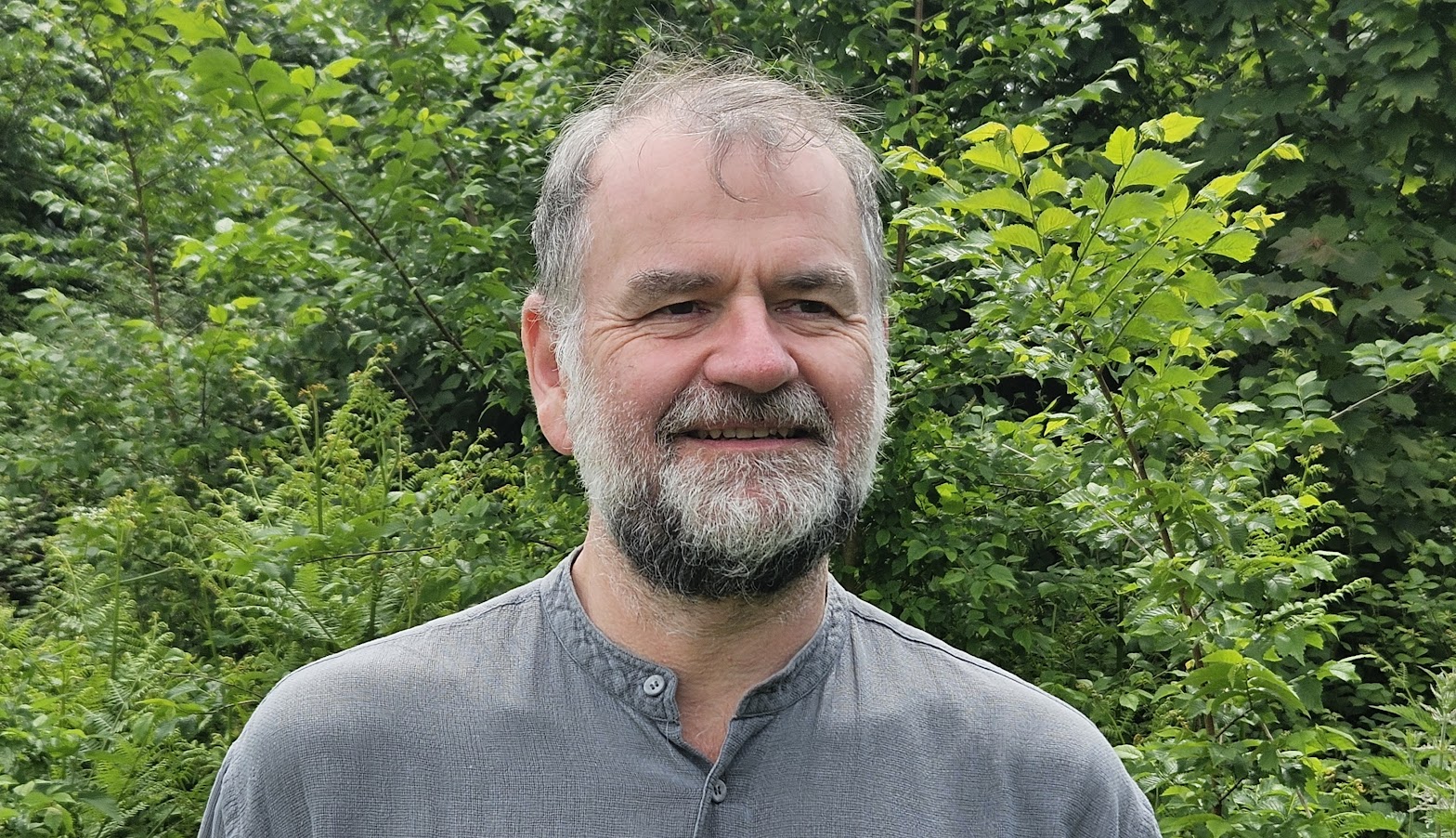 The path to a smokefree generation demands decisive action and innovative strategies. To mark World No Tobacco Day,
The path to a smokefree generation demands decisive action and innovative strategies. To mark World No Tobacco Day, 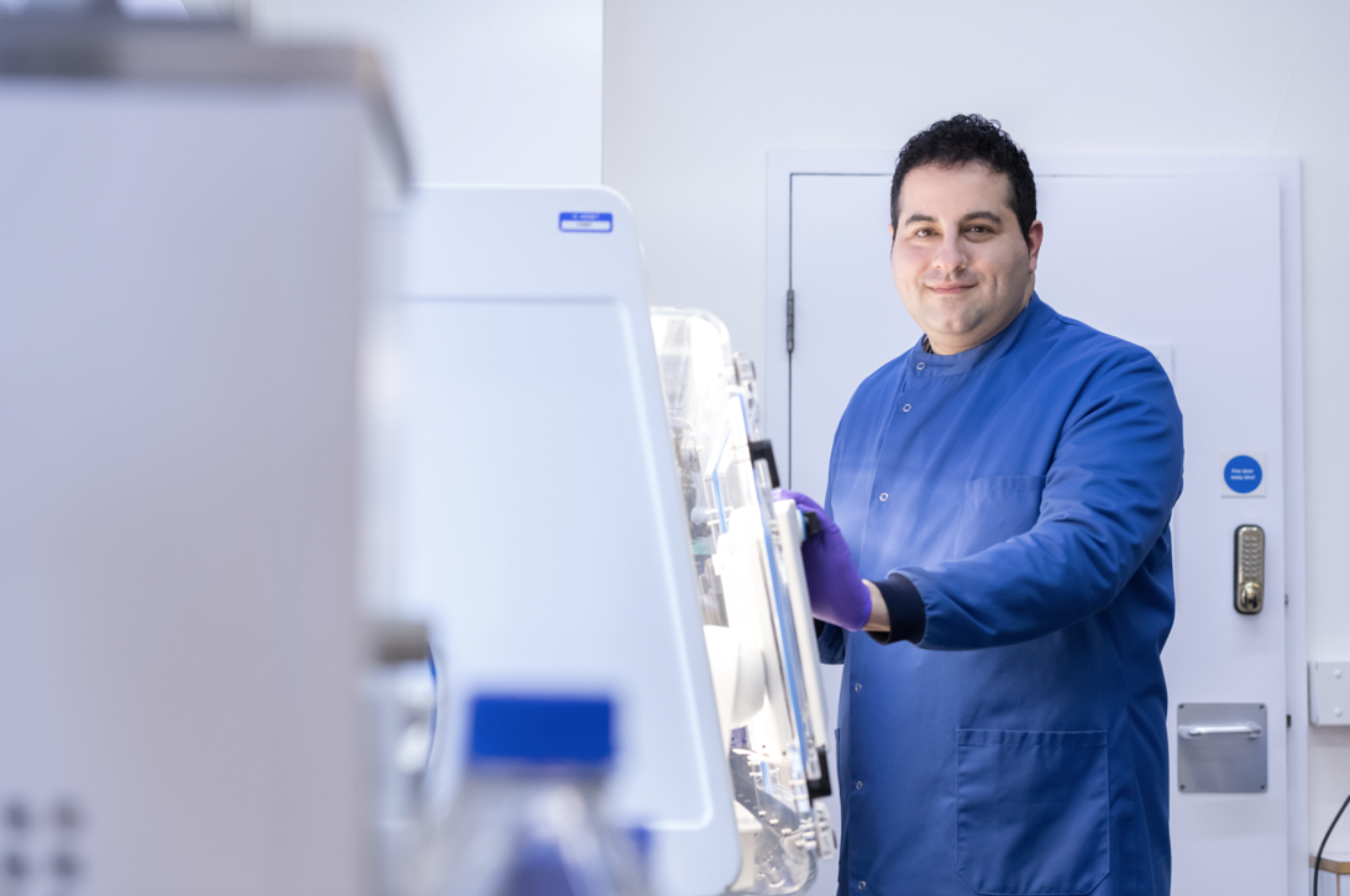
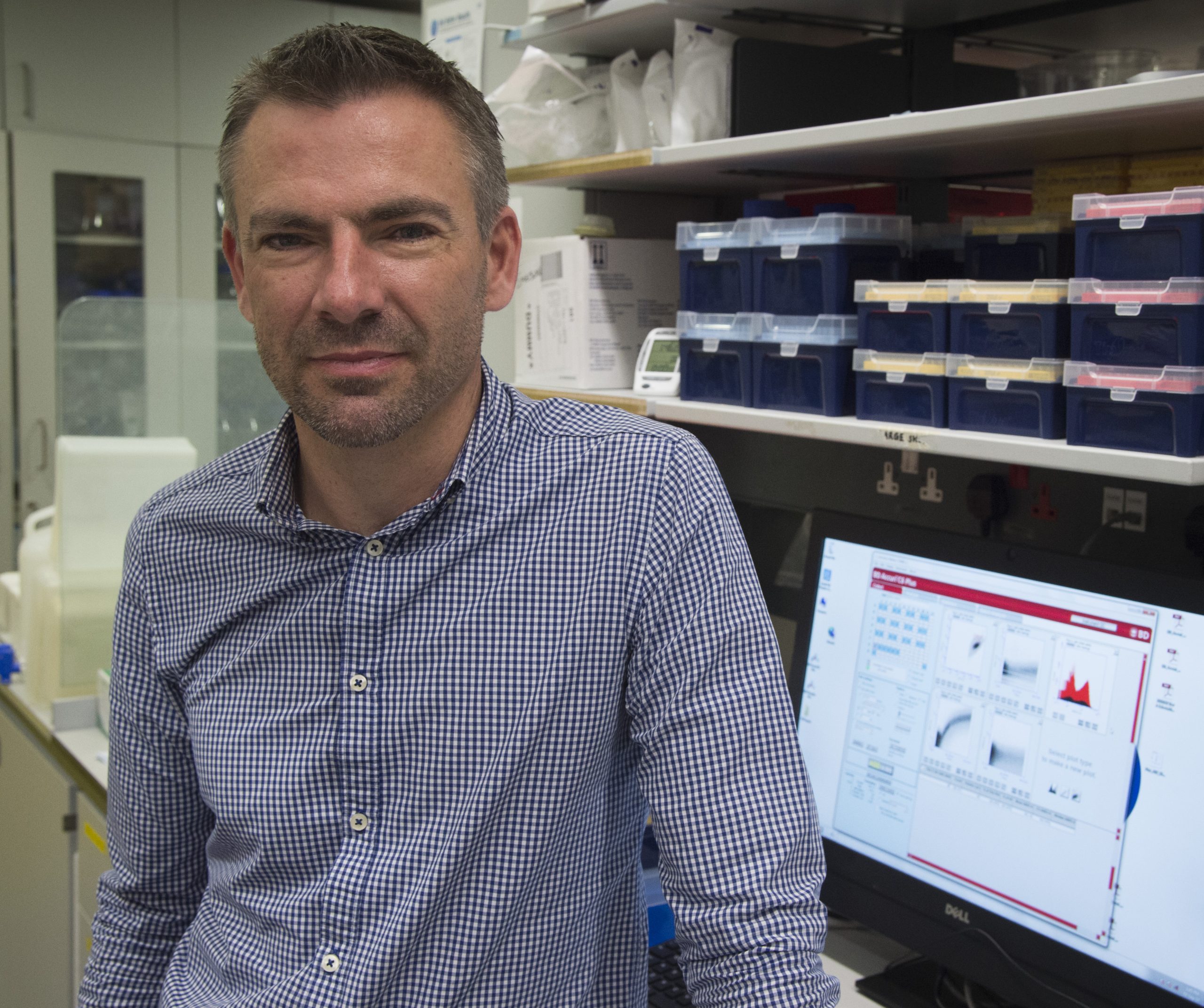 Born on what would eventually be recognized as World AIDS Day in the 1970s, Dr Mike Emerson, now affiliated with the National Heart and Lung Institute, relocated to vibrant London during the early 1990s amidst the fervour of the Britpop era. In the backdrop of Blur and Pulp melodies, 1990s London faced the AIDS crisis. Three decades later, he is at the helm of a team investigating cardiovascular ailments in people with HIV. In this piece, Dr Emerson reflects on the advancements in HIV diagnosis and therapy, and reiterates the ongoing importance of National HIV Testing Week.
Born on what would eventually be recognized as World AIDS Day in the 1970s, Dr Mike Emerson, now affiliated with the National Heart and Lung Institute, relocated to vibrant London during the early 1990s amidst the fervour of the Britpop era. In the backdrop of Blur and Pulp melodies, 1990s London faced the AIDS crisis. Three decades later, he is at the helm of a team investigating cardiovascular ailments in people with HIV. In this piece, Dr Emerson reflects on the advancements in HIV diagnosis and therapy, and reiterates the ongoing importance of National HIV Testing Week. 